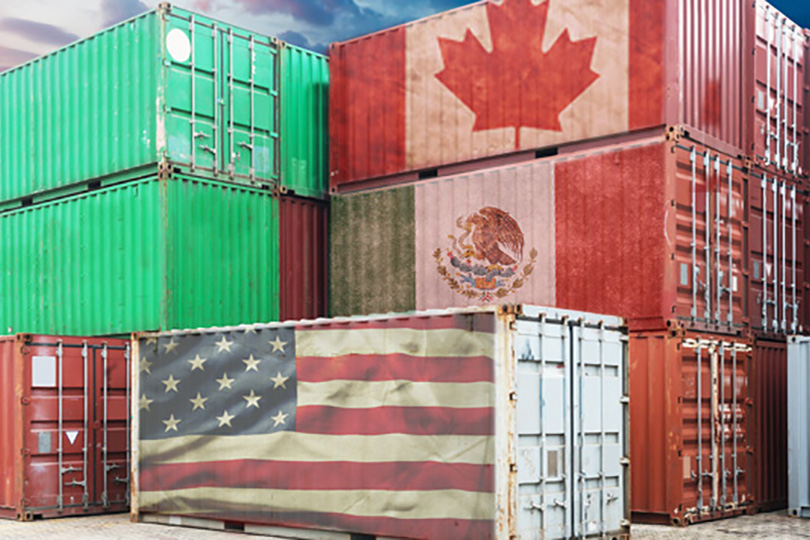By Jessica Domel
Multimedia Reporter
It will take longer than originally thought to renegotiate the 23-year-old North American Free Trade Agreement (NAFTA).
After the fourth round of NAFTA talks ended Oct. 17 in Arlington, Virginia, officials from the United States, Canada and Mexico issued a joint statement that included word additional negotiations are scheduled through the first quarter of 2018—well past the anticipated December 2017 end date.
“NAFTA partners are working hard to ensure the new agreement provides a solid framework to create jobs, economic growth and opportunity for the people of North America,” the statement said. “Ministers have reaffirmed their mandate to chief negotiators to reach an agreement in a reasonable period of time. Negotiators will continue intersessional engagement, as well as intensive consultations with their respective stakeholders.”
In the weeklong fourth round, negotiators from the three countries discussed competition, customs and trade facilitation, digital trade, good regulatory practices and certain sectoral annexes.
The United States’ objectives, according to U.S. Trade Representative Robert Lighthizer, are to update the agreement to reflect a modern economy and reduce the trade deficit.
“NAFTA has resulted in a huge trade deficit for the United States and has cost us tens of thousands of manufacturing jobs. The agreement has become very lopsided and needs to be rebalanced,” Lighthizer said. “We, of course, have a $500 billion trade deficit. For us, trade deficits do matter, and we intend to reduce them.”
Lighthizer said he’s surprised and disappointed by the resistance to change from both Canada and Mexico.
“We have made some headway on the first objective, but even here we have sometimes seen a refusal to accept what is clearly the best text available in spite of the countries having agreed to it in the past,” Lighthizer said.
There has been no indication that Canada and Mexico are willing to make any changes regarding the trade deficit, Lighthizer remarked, but President Trump has been clear any agreement moving forward must be fair to American workers and businesses that employ them.
“I understand that after many years of one-sided benefits, their companies have become reliant on special preferences and not just comparative advantage. Countries are reluctant to give up unfair advantage,” Lighthizer said.
The next round of NAFTA talks has been delayed by a month and are now scheduled for Nov. 17-21 in Mexico.
Officials say they have extended the time between talks to allow one another more space to consider the proposals made during negotiations.

